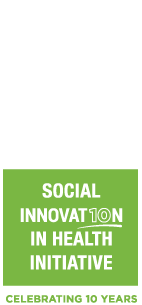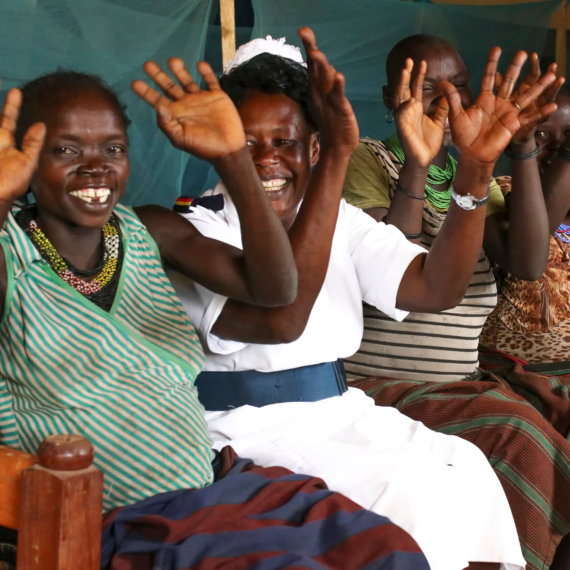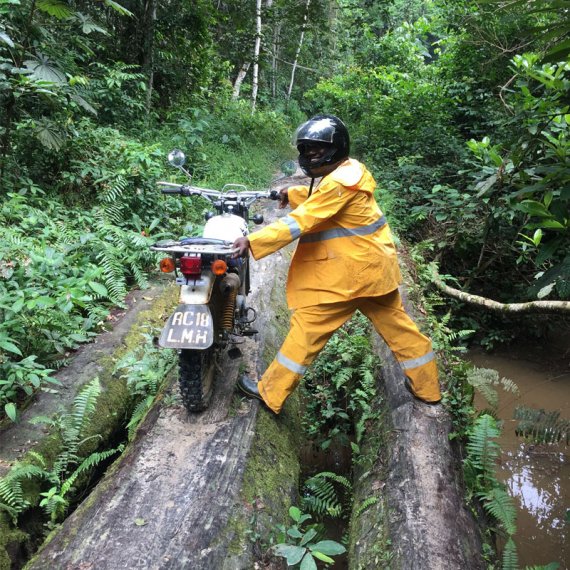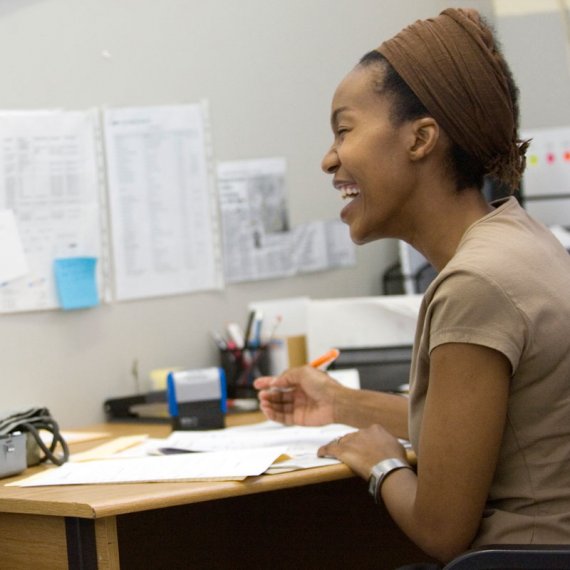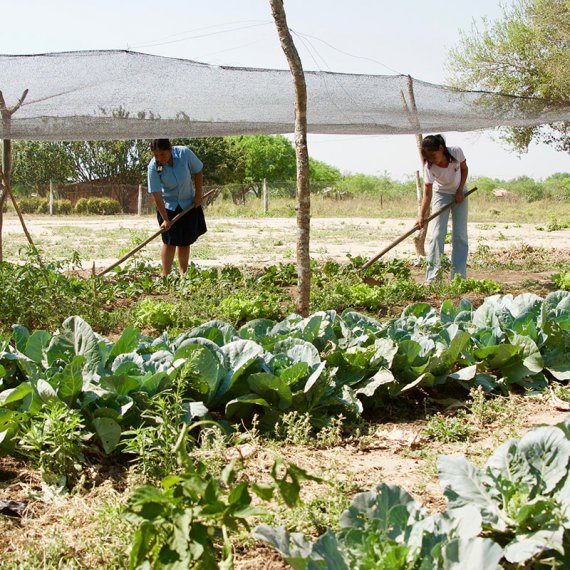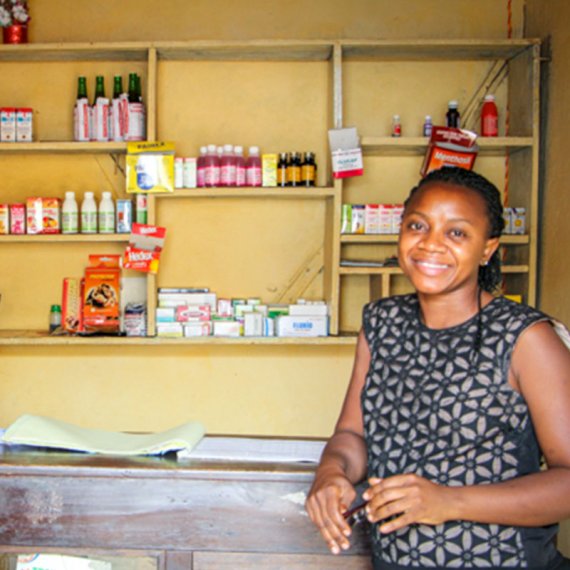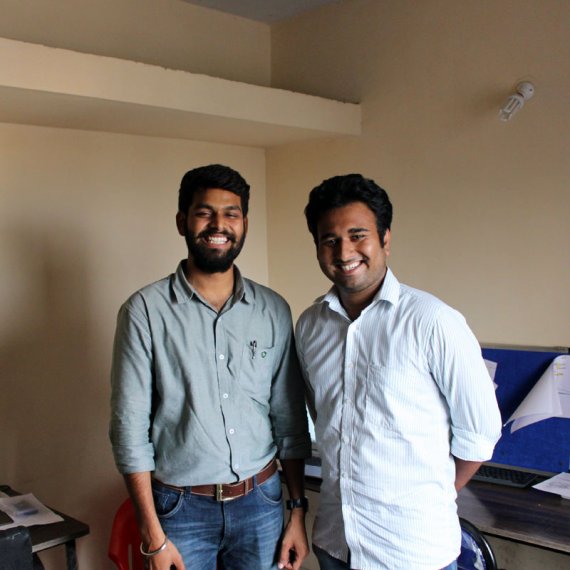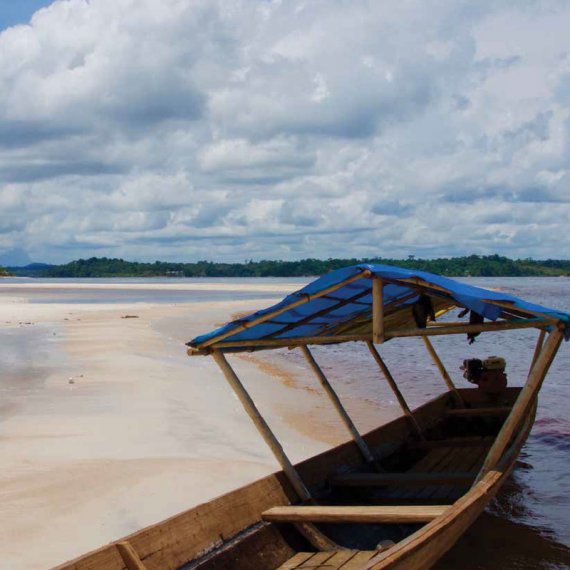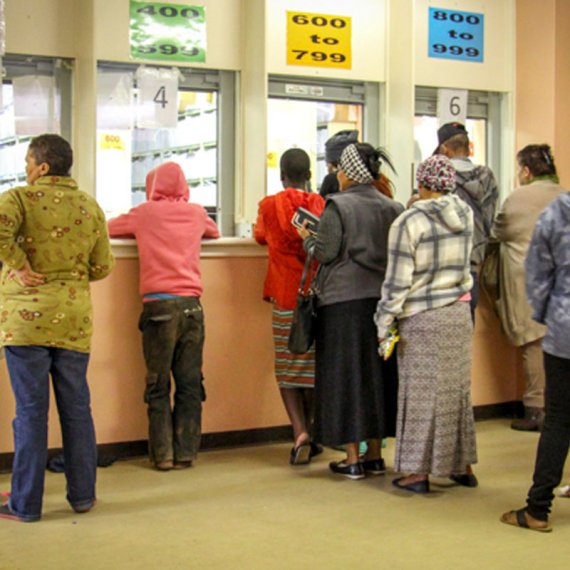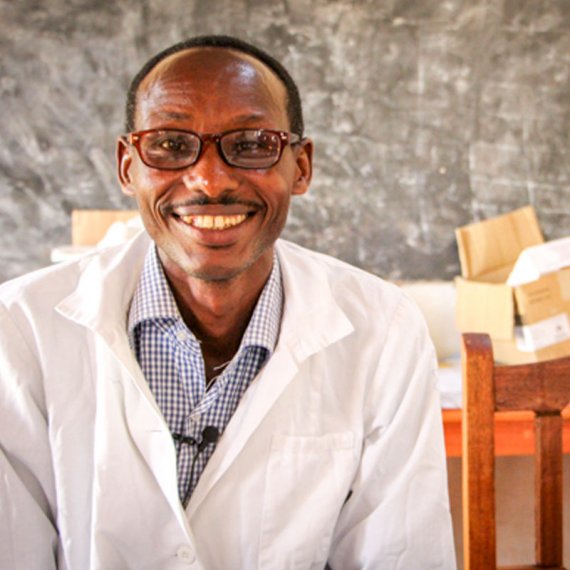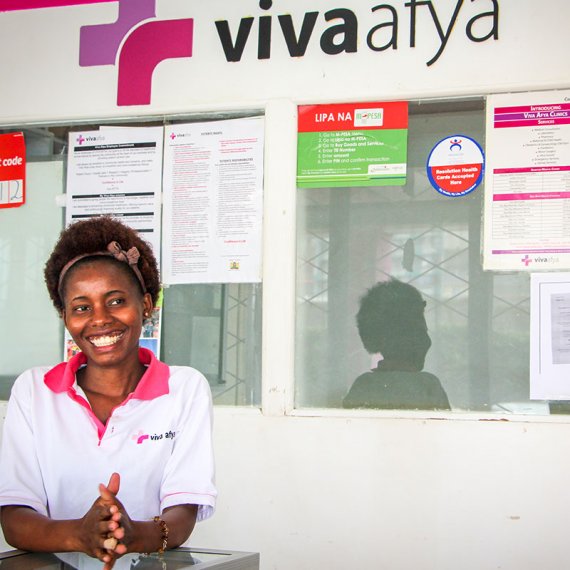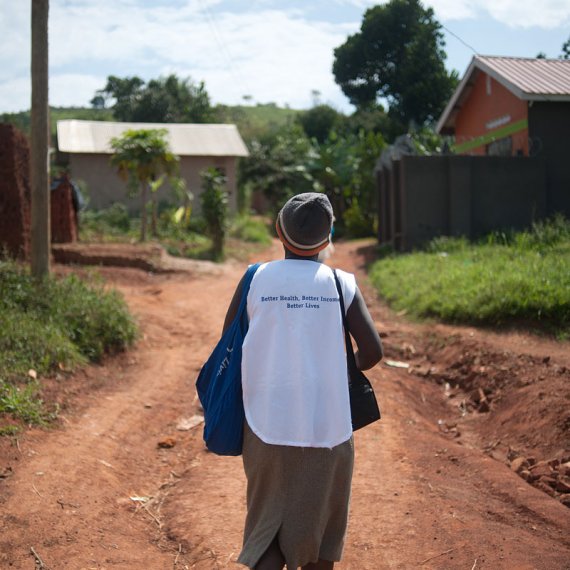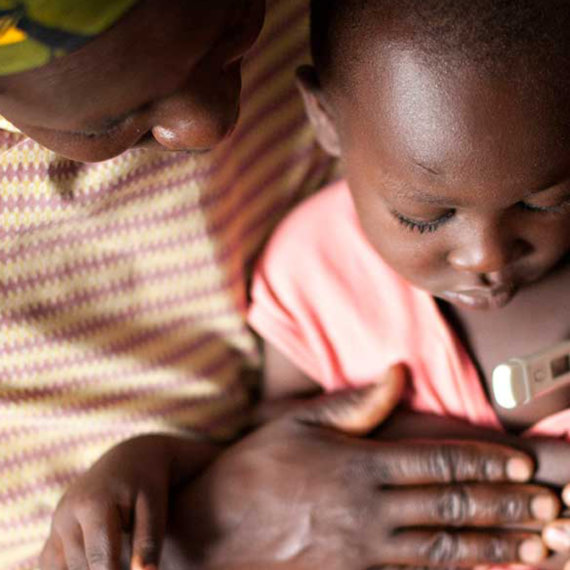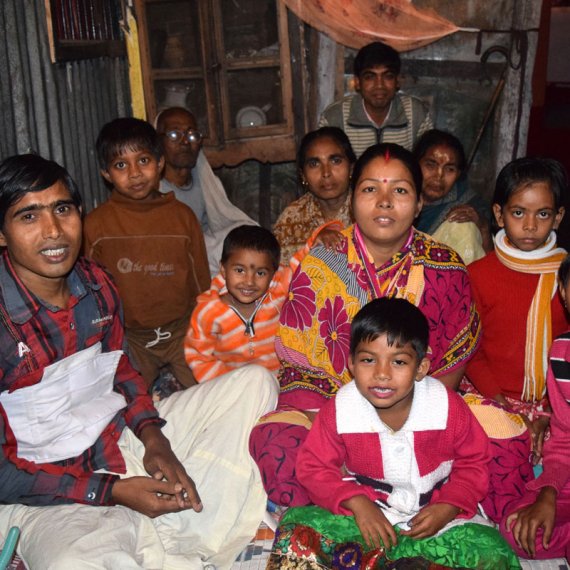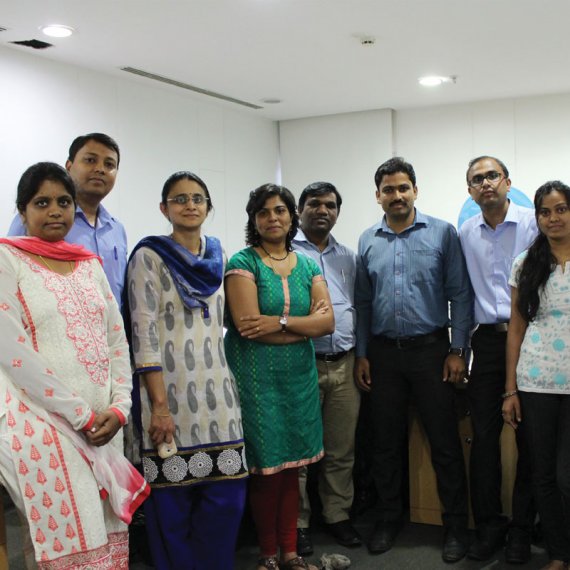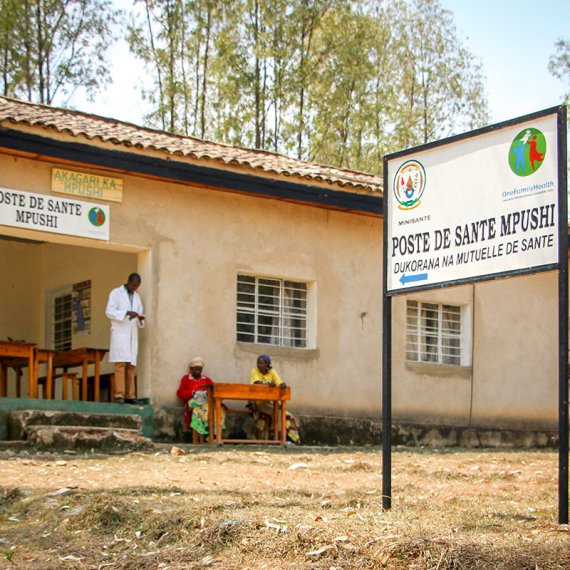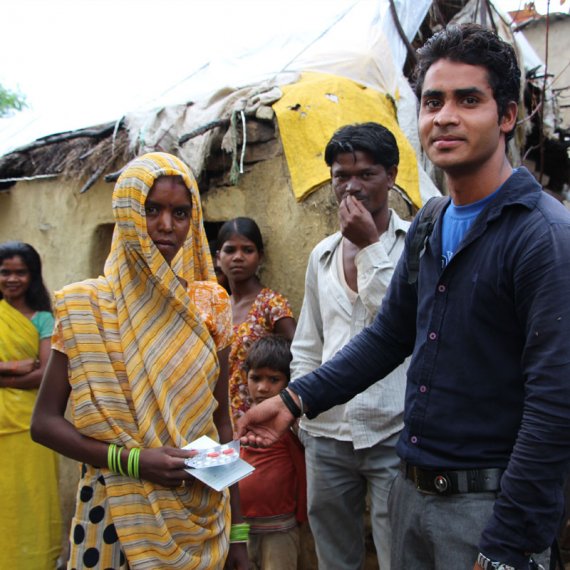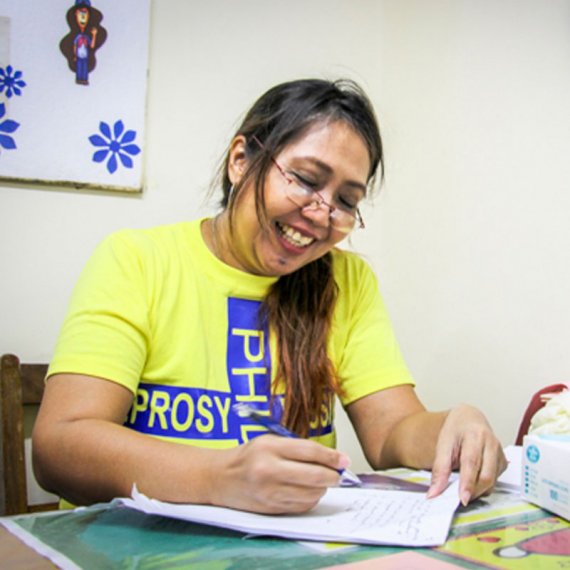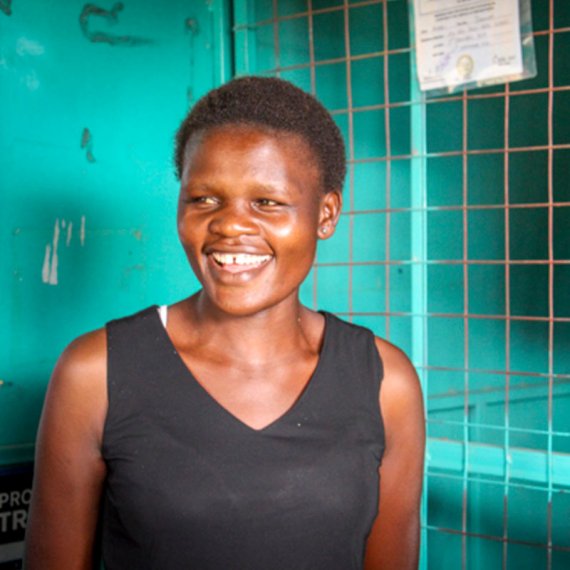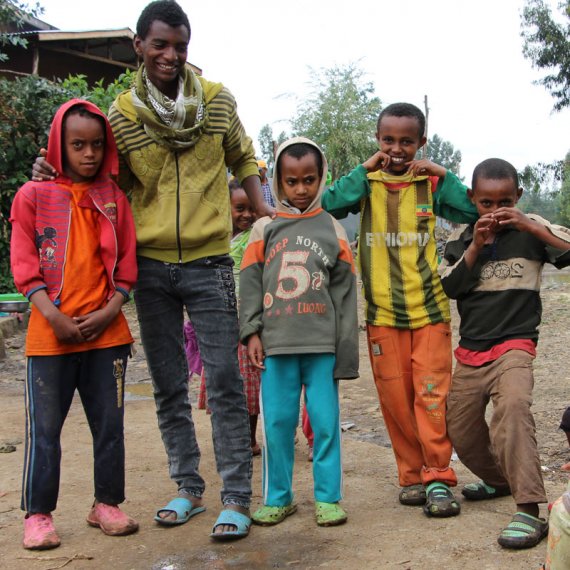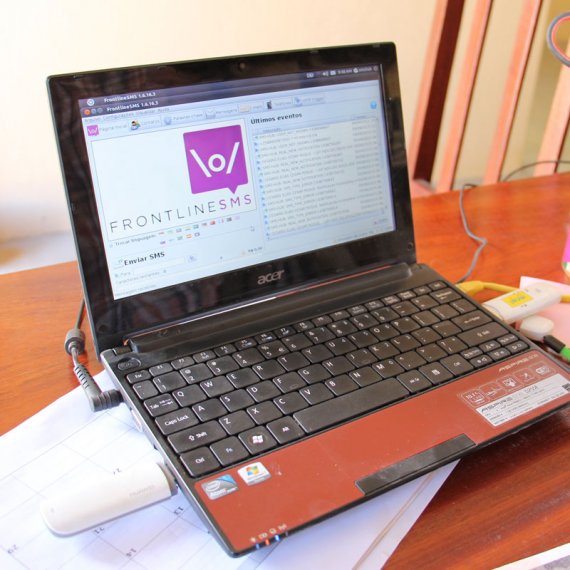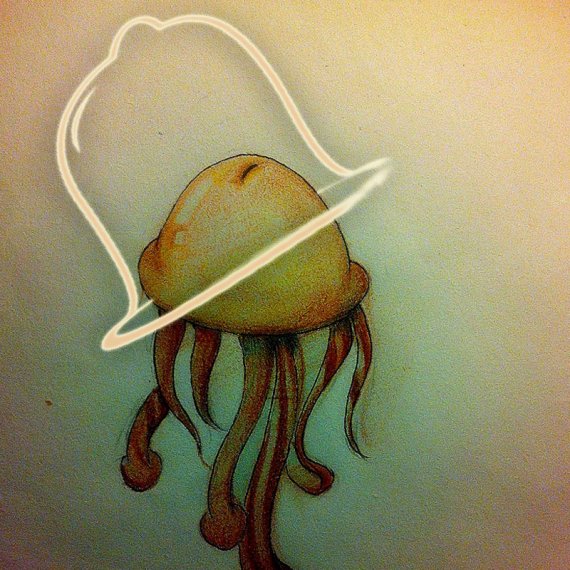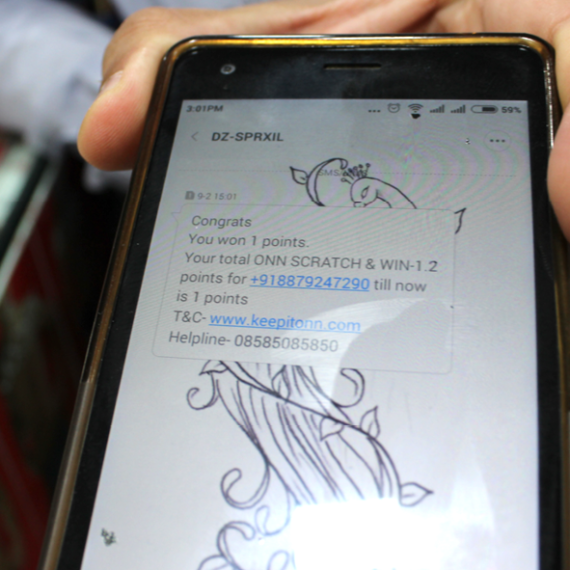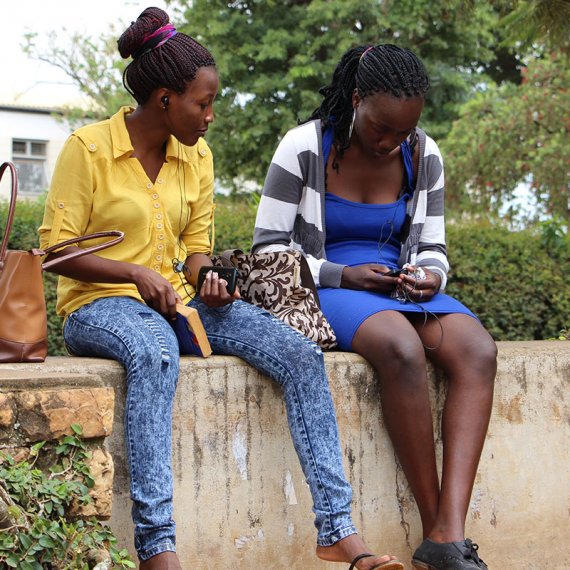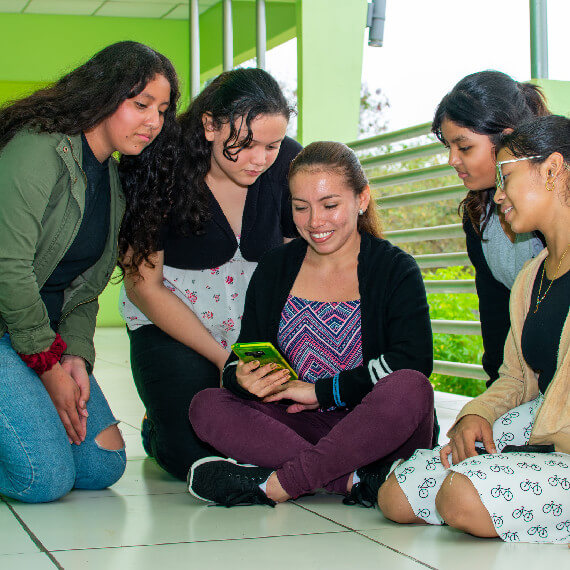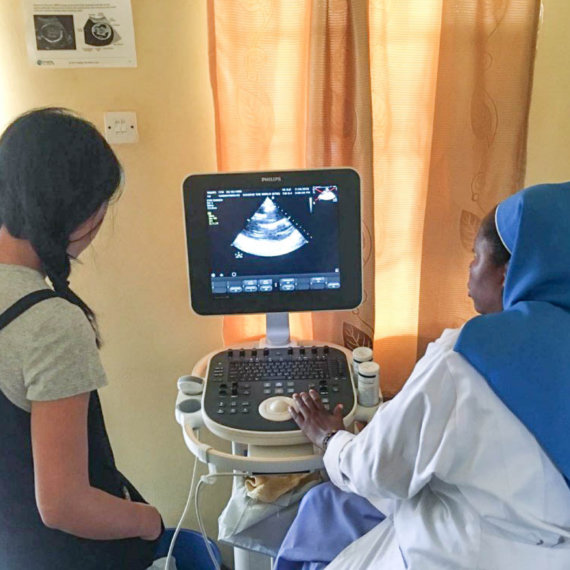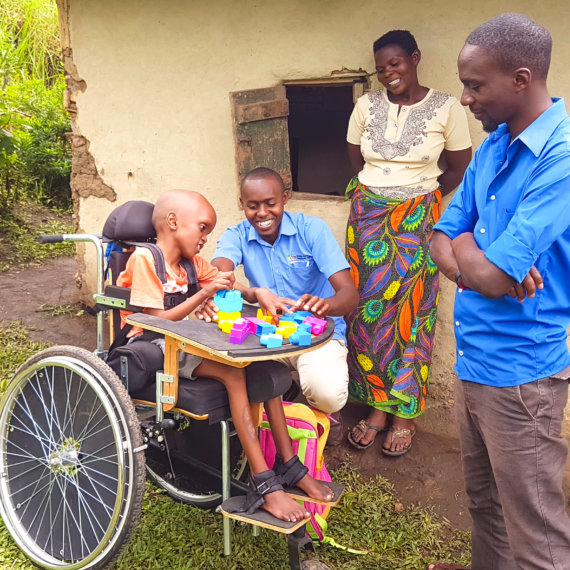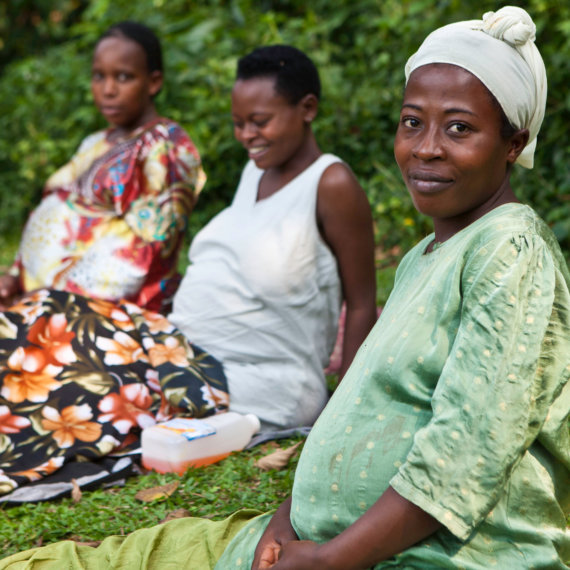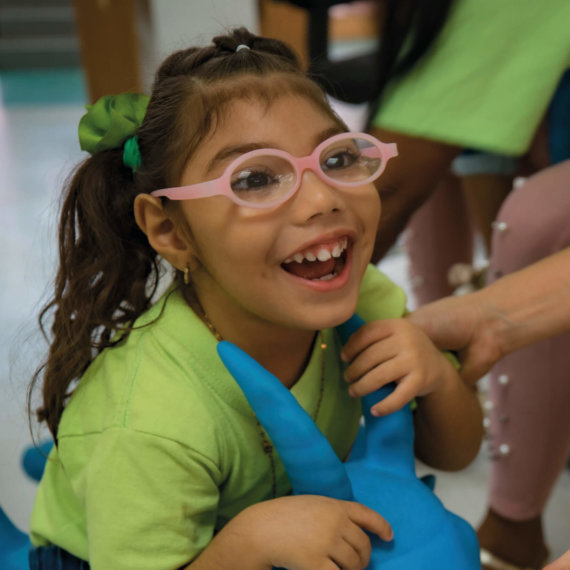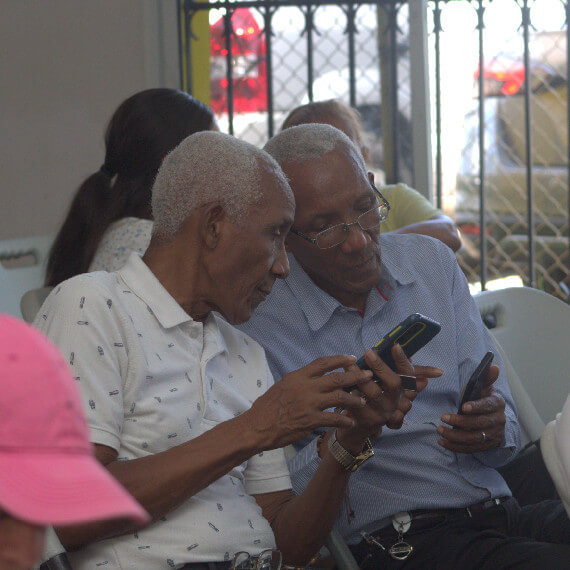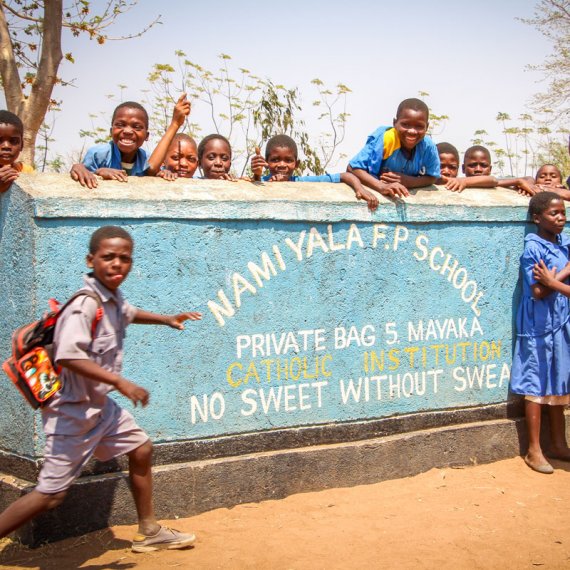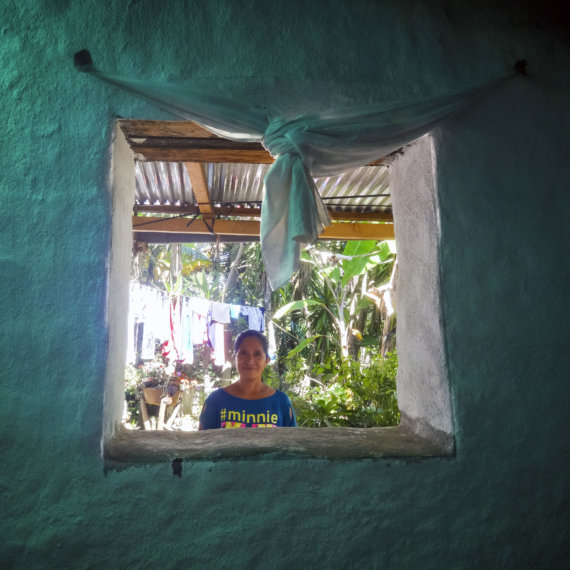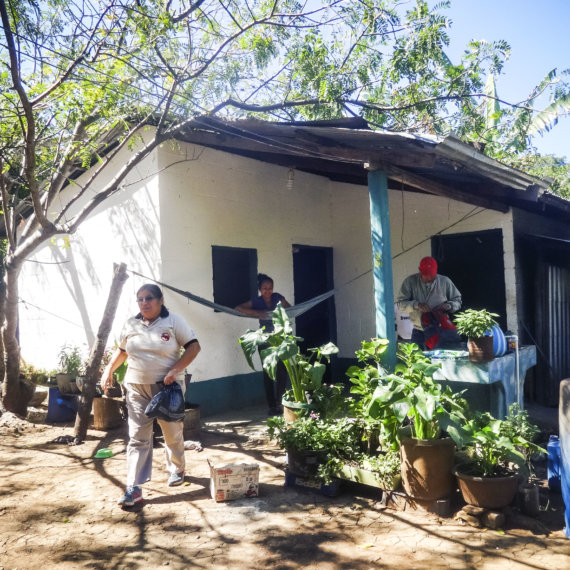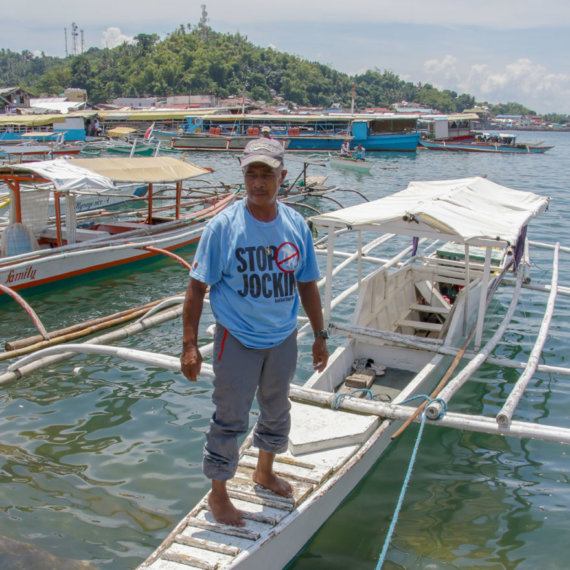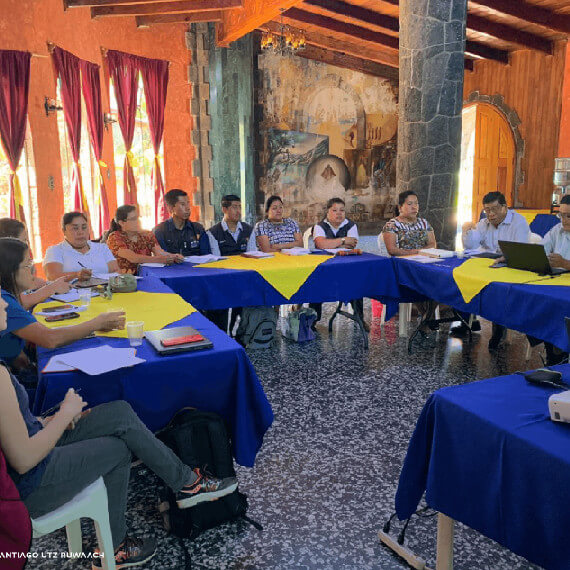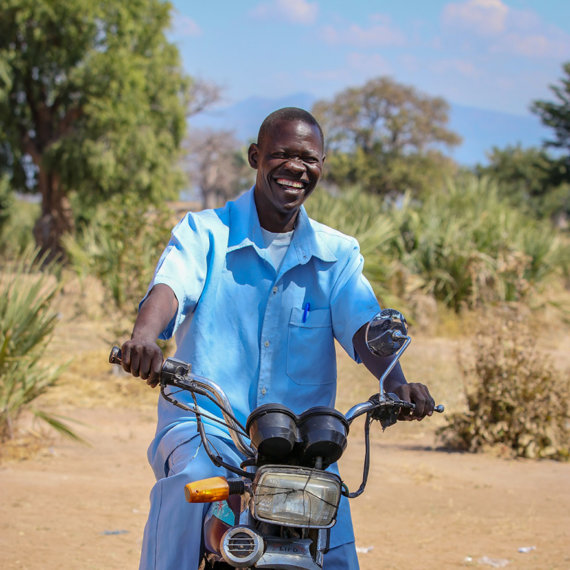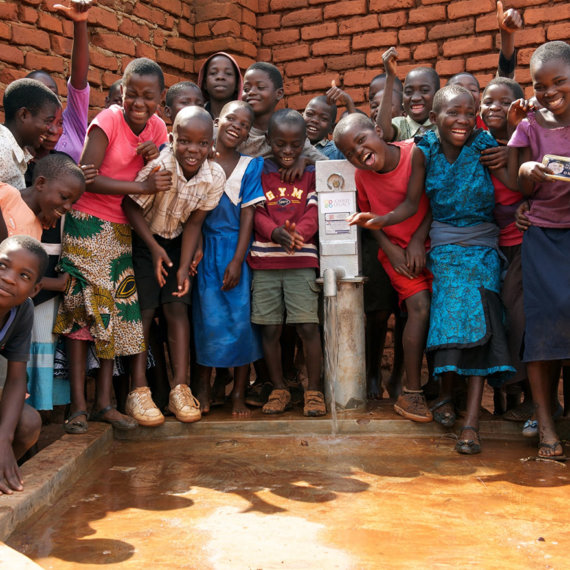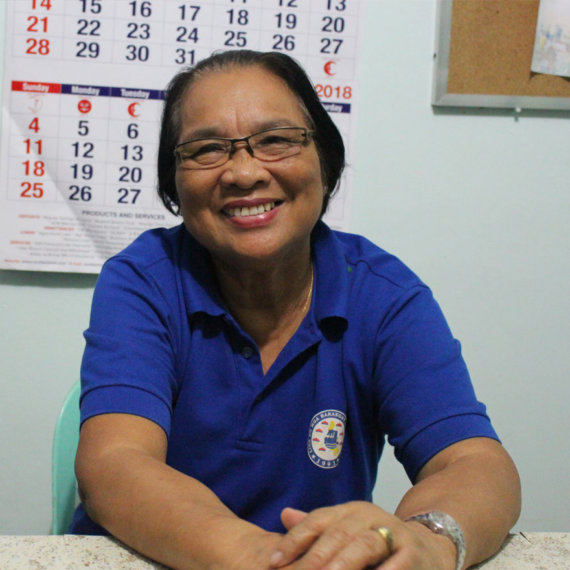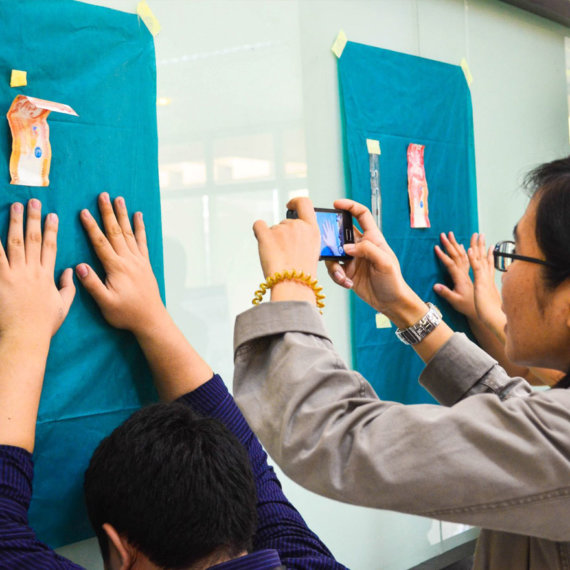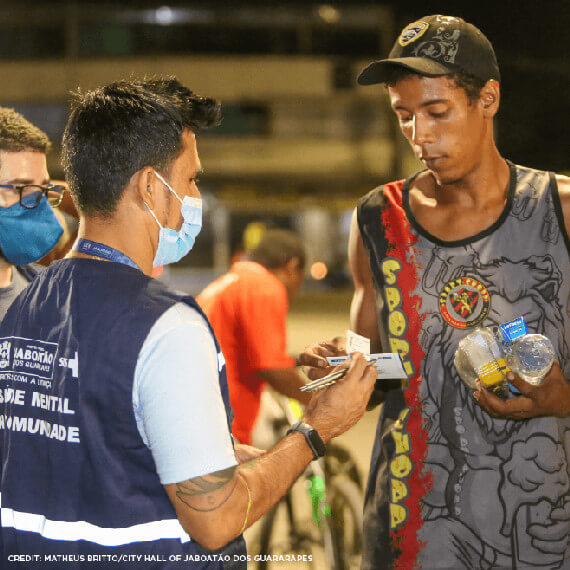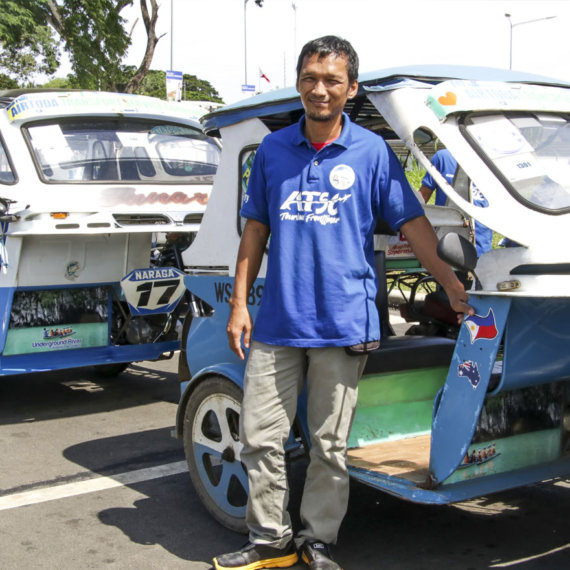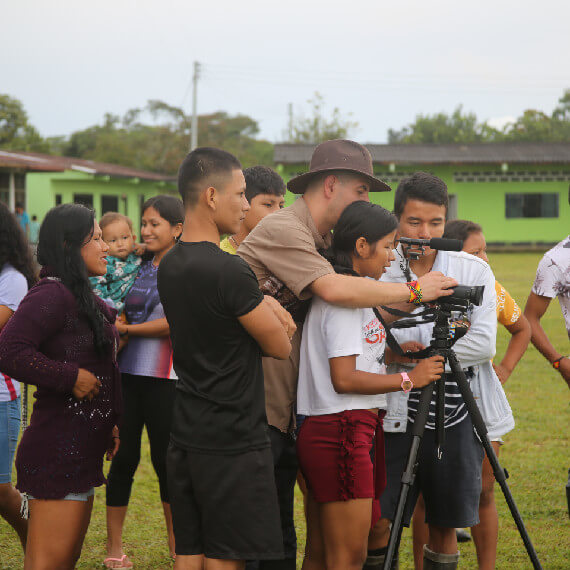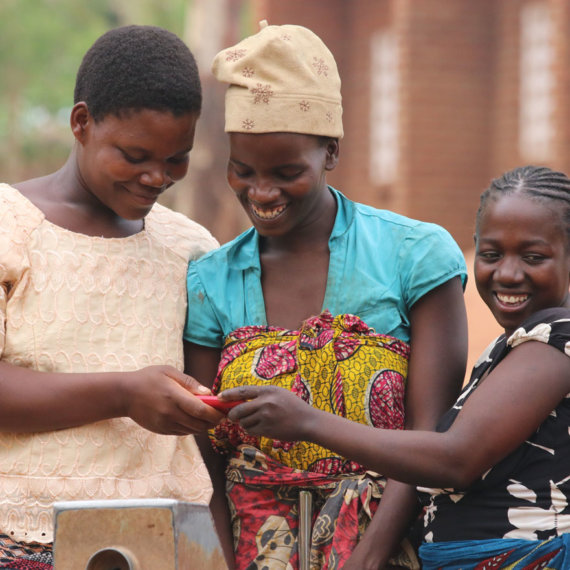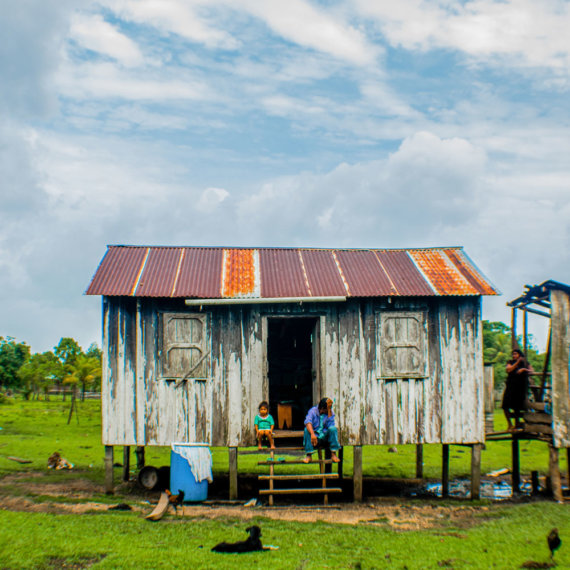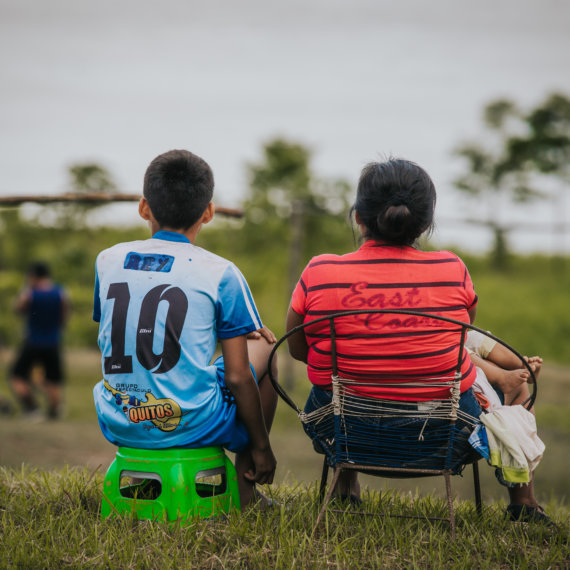NOORA HEALTH
Noora Health challenges the status quo of health delivery by transforming family members into equipped caregivers through engaging practical training at hospital premises.
CONTINENT
Asia
Country
India
Organizational structure
Nongovernmental organization, not-for-profit organization
Health focus
General
Areas of interest
Alternate care providers
Health system focus
Service delivery
CHALLENGE
The shortage of trained medical professionals in India means that most patients recovering from medical interventions rely mainly on care provided by family members. With very limited information or training, families are often ill-equipped to provide support during the recovery process; resulting in high rates of patient relapse and complications. Research has shown the value of equipping family caregivers to become more competent and confident in providing safe and effective care to patients (Reinhard et al., 2008; Scherbring, 2002).
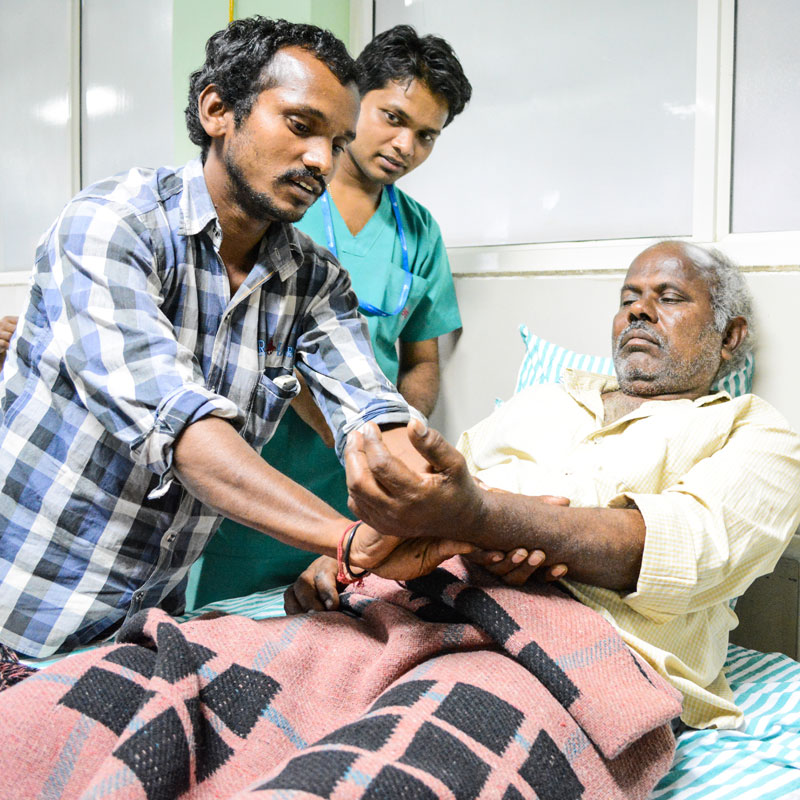
“They [family members] take weeks out of their lives to be with their loved ones, but basically they are relegated to standing outside, sitting outside, sleeping outside the whole time. They get to see their family member for a couple of hours each day… Then at the end of the whole thing they are given this enormous task to take care of the patient at home.”
– Shahed Alam, Co-founder, Noora Health
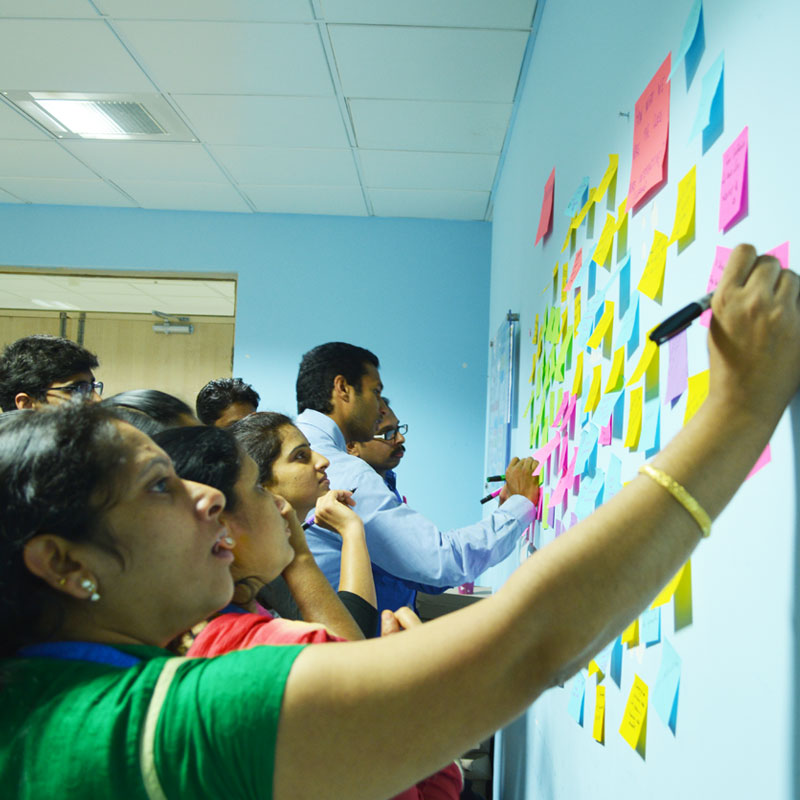
INTERVENTION
Noora Health aims to equip a patient’s family with the tools and knowledge to into a core component of high quality health care delivery by providing them with actionable health information. Noora Health has developed a ‘train-the-trainer’ approach and certification programme for hospital staff, usually nurses. The programme teaches trainers how to effectively deliver health education and awareness to patients and their families. Noora Health also provides a range of learning aids and materials, which it develops with input from content specialists. Patient families receive an interactive, skills-based training programme, delivered by the trained hospital staff, focused on practical skills they can use at home to facilitate recovery post treatment. This allows family members to support loved-ones during their recovery, alleviating their anxiety and easing the transition from the hospital to the home. The training is optional for families, who are told about it upon admission to hospital and during their stay by the ward superintendent. The training is twofold: a theoretical base (classes) coupled with training implementation (practical sessions). Available in different languages, classes vary in size (between 5 and 30 people) and location (hallways, waiting rooms, and wards).
“Why don’t we use this untapped resource [patient families] that is ready and willing? … They know the warning signs of a complication; they know what the patient’s baseline is better than a clinician would. So, why not give them a few more tools? Why not give them a few more things to help out?”
– Shahed Alam, Co-founder, Noora Health
Since launching, the programme has been implemented in 26 hospitals across India and has trained 50 000 caregivers. During a pilot study with adult post-surgical cardiac patients, Noora Health observed a 36% decrease in complications, a 23% decrease in 30-day readmissions, and 55% increase in customer satisfaction, over a period of three months.
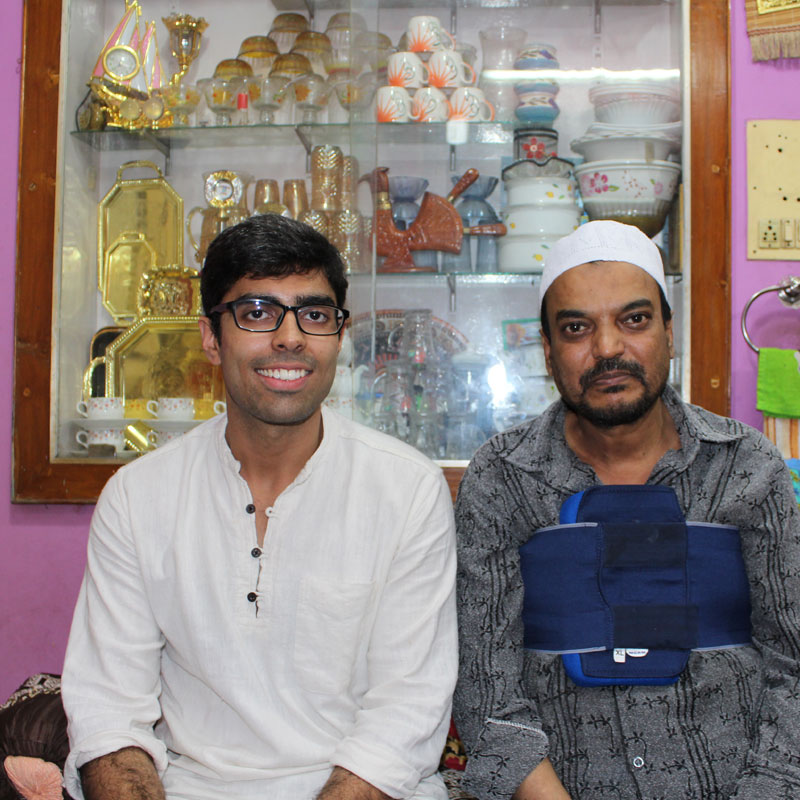
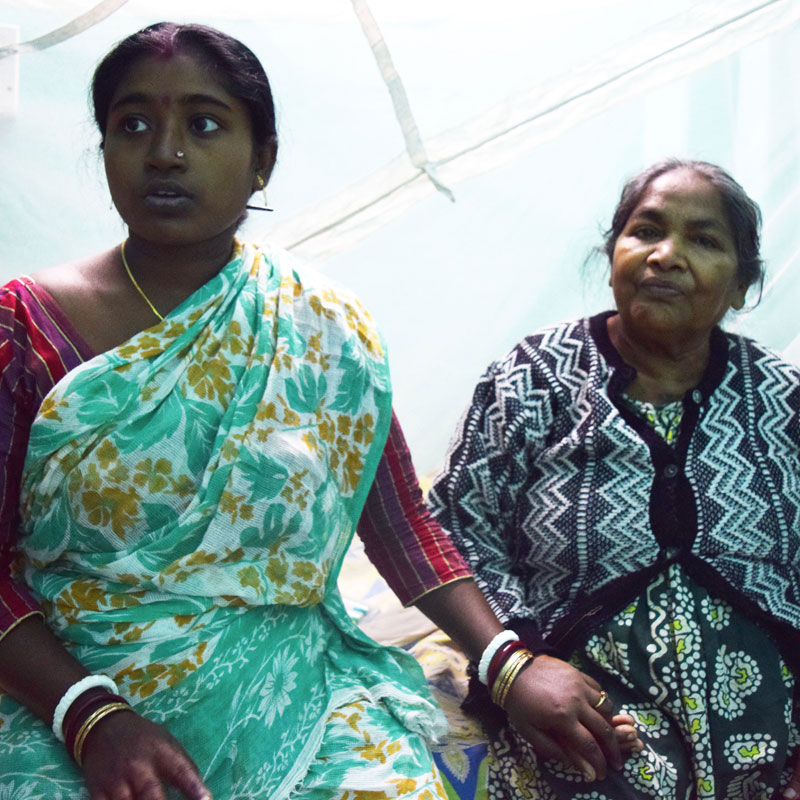
CASE INSIGHTS
The Noora Health case study shows how families are an untapped resource that could support an overburdened health system. By equipping family members with the basic skills to deliver effective home-based health care following a hospital admission, better patient outcomes can be achieved and readmission rates lowered. It also demonstrates the value of human-centred design and stakeholder engagement. Initially identified via a needs-finding assessment as part of a university class, the programme has grown and evolved with input from patient families and hospital staff to optimize its value to the health care system. By developing a portfolio of tools and content, Noora Health has constructed a platform to accommodate variability in needs across geographies and across public and private facilities.
“The thing that I think has really grounded us and kept our approach connected to what we are doing has been our roots in human-centred design, and how it really puts the user first; the basic needs and understanding of the user. That just begins with getting the empathy for those who you are serving. One of the things I think that we have gained a lot from is always keeping that in mind, and continually talking to the people who we are serving and making sure we are adapting to any changes that we need to as an organization to keep meeting their needs. So, just always keeping the user in the centre of what everyone is doing and always engaging with them no matter which part of the organization you are in.”
– Shahed Alam, Co-founder, Noora Health
* All images used in this layout are credited to Noora Health.
